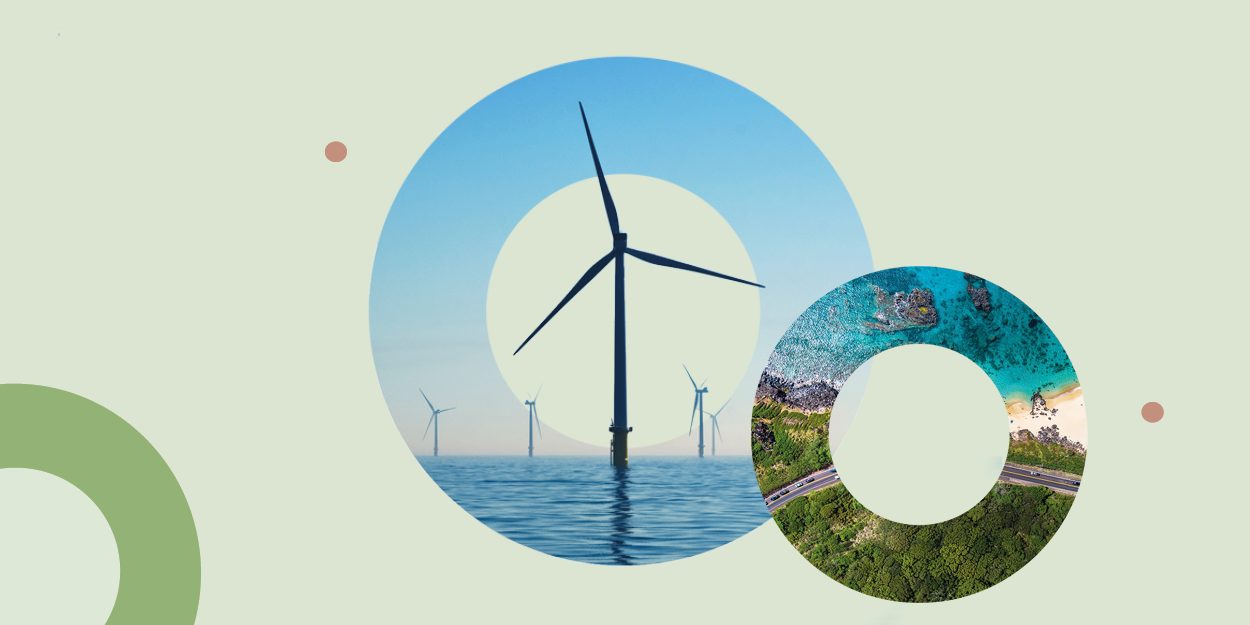In Short : Guiding the charge towards net-zero emissions in India, leaders are spearheading a mission to transition the nation to carbon neutrality. This ambitious initiative underscores a commitment to sustainable practices and mitigating the impacts of climate change.
In Detail : We are all aware that climate change is posing an existential crisis for humanity and has taken the centre stage of global discussions. India, which is in its most diverse, vibrant, and dynamic phase of development, has a crucial role to play and the next few years offer a great opportunity, to initiate actions towards a sustainable and liveable future for all.
As India stands at the threshold of 75 years and looks ahead to the upcoming 25 years before its centenary of independence, there is an imperative to accelerate the country’s climate transition and embrace sustainable models as drivers of economic growth. India has actively pursued sustainable development and expressed its commitment to achieving net-zero goals through the ‘Panchamrit’ objectives. India is actively pursuing sustainable growth models, aiming to transition towards a net-zero economy. With a strong commitment to reducing carbon intensity and increasing non-fossil fuel sources in power generation, India is on track to become a global leader in sustainable development. At COP26, India presented five essential commitments, known as ‘Panchamrit’, outlining a step-plan for a greener India. These commitments include:
Achieving net-zero emissions by 2070
Reducing carbon intensity by 45% by 2030
Non fossil electricity capacity of 500GW by 2030
50% electricity capacity from renewable energy by 2030
1 billion tonnes carbon emission reduction by 2030
Through policy changes, administrative actions, and private sector investments, India is driving sustainable growth and making significant progress towards its ambitious targets.
The renewable energy sector is poised for substantial growth, offering new opportunities for businesses and propelling the broader clean energy economy. Companies that successfully adapt to this transition will position themselves for sustained long-term growth. The continuous decline in the cost of renewable energy, and with governments setting ambitious targets for emission reduction, reinforces the momentum behind this pivotal shift. Emerging as key players in this transformative journey are technologies such as solar photovoltaics (PV), wind energy, hydropower, geothermal energy, green hydrogen, and biomass that reshape India’s energy landscape and contribute significantly to the nation’s commitment to a sustainable and low-carbon future.
As the global community grapples with the imperative of combating climate change, India’s role becomes increasingly pivotal. The nation’s commitment to sustainable development and the tangible strides made towards achieving net-zero goals are crucial components of the global effort. The next few years will undoubtedly be instrumental in shaping India’s journey towards a sustainable, liveable future, making every action taken today a building block for the nation commitment for becoming a Net Zero Carbon Emitter by 2070.
Spearheading Green Business in India
CII’s commitment to building a ‘Net Zero India’ is evident in the work it is doing to achieve the vision to facilitate ‘India to become one of the foremost countries in transforming to ‘Net Zero’ by 2050’. CII is constantly working on several initiatives and frameworks to address the current global environmental issues and facilitate the growth of green businesses in India.
CII – Sohrabji Godrej Green Business Centre (CII – Godrej GBC) as CII’s Developmental Institute on Green Practices & Businesses, aims to offer world class advisory services on conservation of natural resources. The Services of include – Energy Management, Green Buildings, Green Companies, Renewable Energy, GHG Inventorization, Green Product Certification, Waste Management and Cleaner Production Process.
I encourage the Indian industry to come together and display leadership in accelerating the adoption of Net Zero concepts for the benefit of the people and the planet. The building sector of our country has an excellent opportunity to become a global leader on ‘Net Zero’ front.

